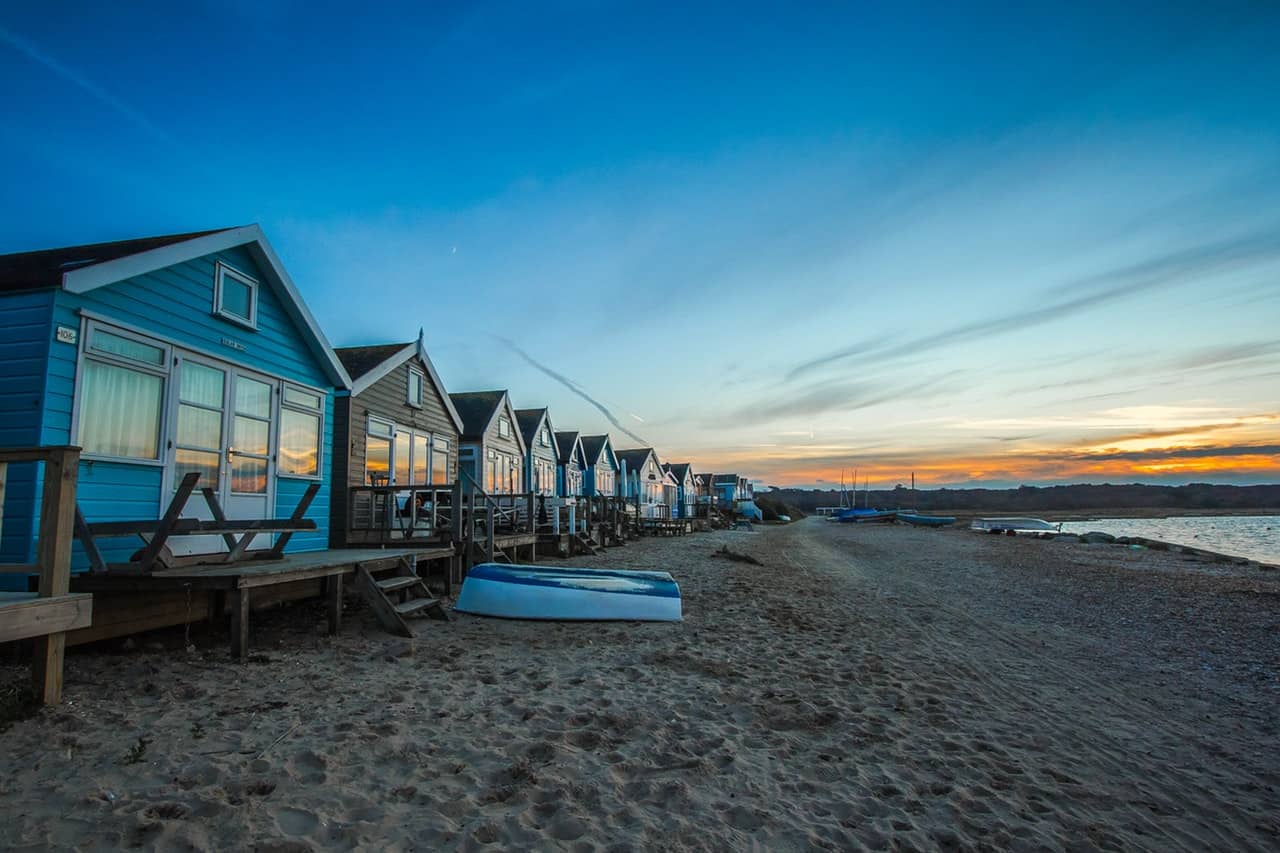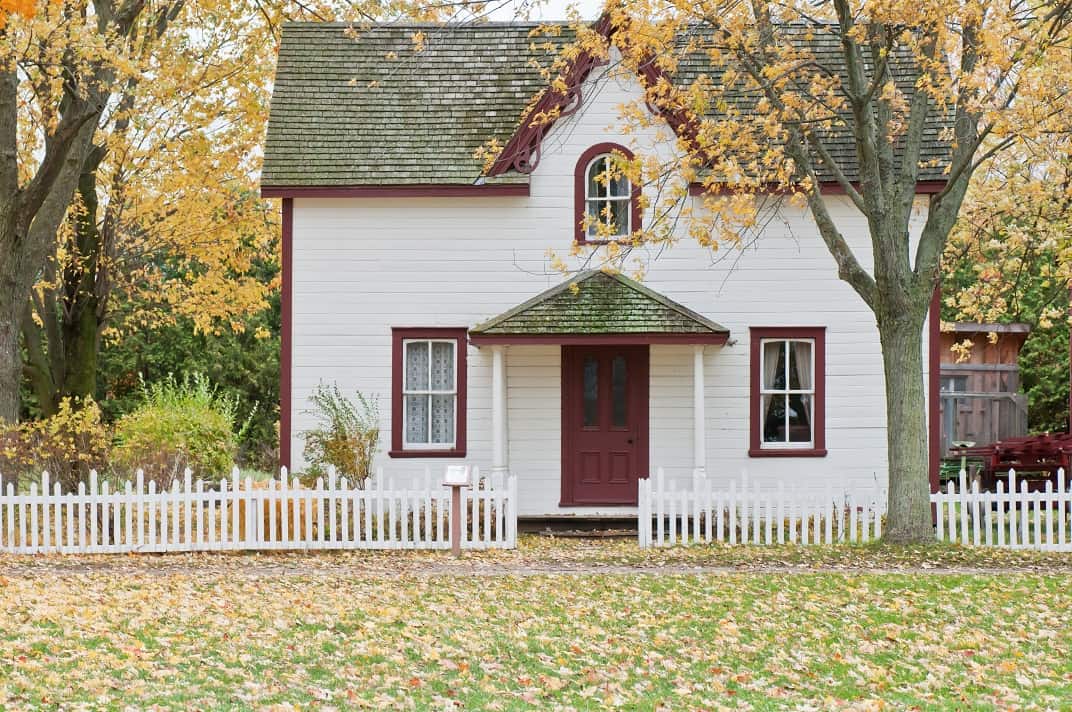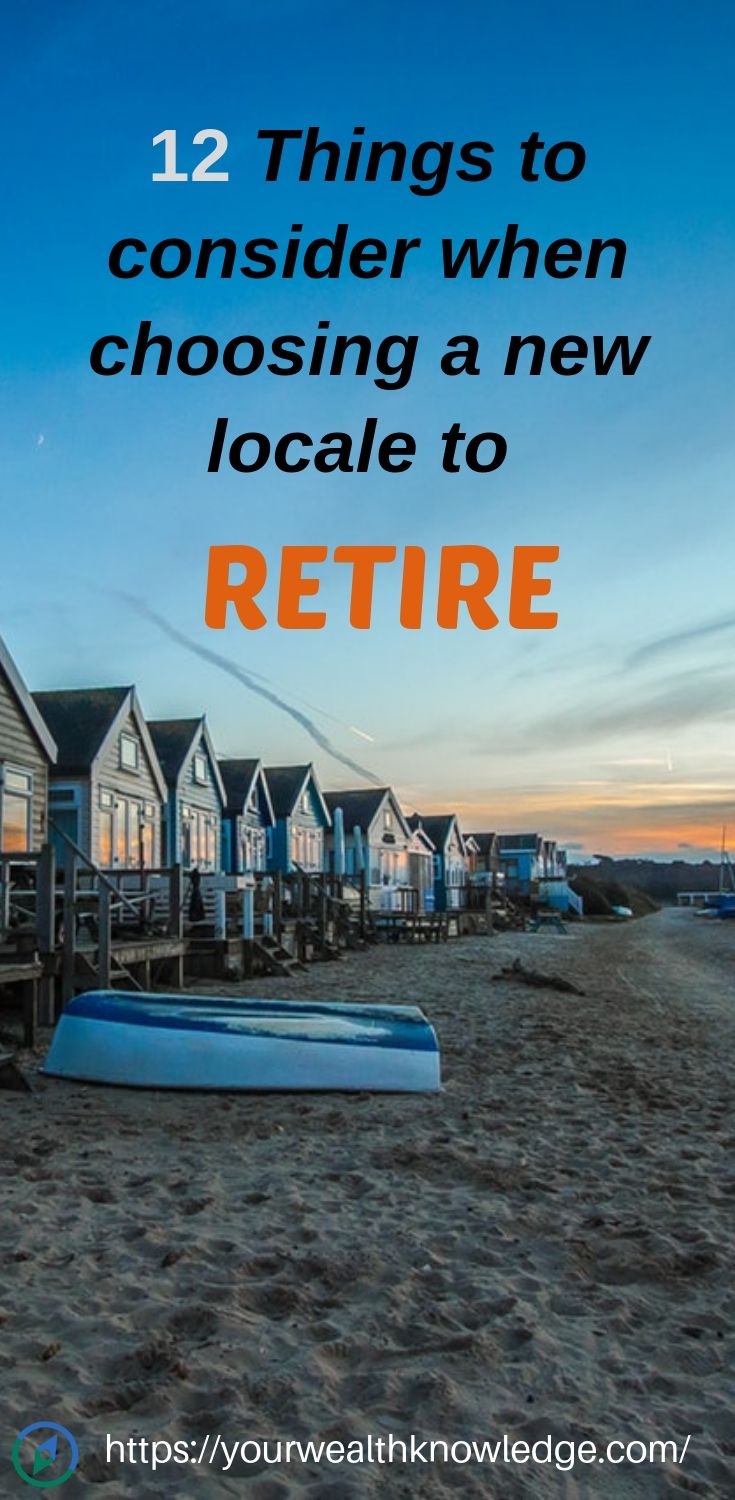Will moving allow you to stretch your retirement dollar?
I live in Southern California, one of the most expensive places to live, and I can’t afford to retire.
However, if I lived (more or less) anywhere else, I could possibly retire sooner.
Should I move?
I live in a nice community. Can I find a place (almost) as nice, but with a lower price tag? As I plan to be retired for 20-40 years, those saved dollars will add up.
Perhaps you are struggling with the same question. If you have friends and family in a particular location, you may be set. Otherwise, read on.
If you’ve traveled extensively, you may already have an idea of what areas you’d like to consider.
First, put together a list of what characteristics are important to you. Some of these will be “must-haves”, and others will be “nice-to-haves”
Must-haves and nice-to-haves
Climate. Do you want sunshine all year round, or do you prefer to see the leaves change color? Perhaps you don’t mind the desert heat, or do you require ocean breezes?
Scenery. Desert, plains, or trees? Scenic mountain vistas? Keep in mind, some areas known for one type usually have all the other types. Most of Arizona is hot and dry, except in their forested mountains.
Politics and Community acceptance. Considering your gender, race, sexual orientation, and sexual identity, there will be areas where you won’t wish to live. How about your pollical leanings? Are you religious (or not)? In short, look for a community that shares your values, respects your viewpoints, and will accept you for who you are.
Leisure activities. Do you like to eat out and enjoy the nightlife of the city? Or do you prefer long walks in nature? Golf, perhaps? Skiing? Boating?
Higher education. Although you may not necessarily be attending classes, communities with Colleges and Universities tend to be more educated, more politically progressive, and attract innovative businesses. Having innovative businesses keep the local economy strong, as you certainly don’t want to move again. . .
Libraries. Like higher education, the quality of the library system is an indicator of how the community values learning and knowledge. And learning new things via reading—for free—is always a good leisure activity to keep your retired mind from turning to mush.
Support services. Some of the things you take for granted now may not be available as you age. Like driving. Are there services that deliver groceries or restaurant orders? Are Uber, Lyft, etc. available in the area? High-speed internet access? If these services aren’t available now, is the community growing?
Healthcare. It doesn’t matter how healthy you are now; you will need this as you age. Very few of us pass away in our sleep from an unexpected coronary. Instead, we develop chronic health problems that only get worse. Having quality, Medicare-friendly, healthcare nearby is a must.
Later transitions. You’re good for the next 20 years or so, but after that, you may become partially disabled and need more care. At best, you may need to move to a retirement community with more support services. At worst, you may need to move into a long-term care facility. What options are available (or being built) within the community?
Inheritance taxes. Most of us won’t have much leftover by the time we die, but if you are an exception, see if your state has an estate or inheritance tax (in addition to the federal one). If so, consider giving your money away while you’re still alive.
Friends and family. This will be on the “must-have” list for most of us.
Cost of Living. More on that below.

Image by Pixabay
Cost of living
Regardless of what else is on your list, the cost of living will have the biggest impact on your ability to stretch your retirement dollars.
The biggest items will be housing (rent or mortgage) and taxes. If you’ve narrowed your search, your favorite real estate sites, such as Zillow or Redfin, will give you a better idea of housing costs.
As for taxes, keep in mind that some states have a sales tax, and some states have state income taxes. And some states, like my beloved California, have both. If you’re paying an extra 10% or more in state taxes, that’s significant. Also, for homeowners property taxes vary; try and keep that below 1%.
Cost of living includes other items, namely healthcare, and food. Fortunately, the internet is a plethora of cost of living calculators. Check more than one and see how the numbers compare.
Keep in mind that these calculators tend to compare the median house price of one location versus the median house price of another location. If you’re comparing a “wealthy” neighborhood to a “middle-class” neighborhood, the comparison may not be valid. Double-check home values of your “ideal” home using real estate sites.
Here are my favorites (and no, I’m not affiliated with any of them).
SmartAsset: allows you to compare the cost of living of your current location to a new area, for taxes, housing, and food. Scroll down to the bottom of the page and look over the US map of all counties. Zoom in to see the cost of living for your county of interest.
BestPlaces: also allows direct comparison of two locations. Included are housing, food, utilities, transportation, and health. Oddly, taxes are not included in the free version.
Moving.com: provides a breakdown of the demographics of two areas along with home values. Along with ethnicity, you can see median household income, median age, and whether the community skews towards families or singletons.

Image by Free-Photos from Pixabay
Become an expatriate
Considering the high cost of living in the US, perhaps you are considering moving overseas. However, there are considerations in addition to all those listed above.
Exchange rate. Using US dollars to pay for things in the local currency can stretch your dollar even further. However, exchange rates can vary drastically over the years. This will complicate your retirement math.
Taxes. You’ll still owe US taxes on any income you make and any distributions from your non-Roth retirement accounts. Plus, taxes from the country where you now reside. Most of the latter may be eliminated from your US tax return, so you probably won’t be paying double-taxes. Probably. But your taxes will be a tad complex.
Residency requirement. Most countries will allow you to work there, but not necessarily retire there. Check first.
Buying a home. If you plan to purchase your home, there may be additional issues for non-citizens. You may be required to obtain a special residence permit or obtain financing through a local bank.
Community of expats. You could get lonely, especially in the beginning. Is there a community of English-speaking expatriates to socialize with?
Healthcare. What is the quality of local healthcare and how much will it cost you? Medicare won’t cover you. (However, if you ever plan to return to the US you may need to pay for it anyway.) Instead, you may need to purchase separate insurance. The World Health Organization has ranked the health services of 191 countries. No surprise, the US ranked #37. The top five are France, Italy, San Marino, Andorra, and Malta.
Political unrest. How stable is the government, historically? Those who travel internationally are already familiar with the US State Department travel advisories.

Photo by Scott Webb on Unsplash
How long will it take to recoup the cost of the move?
The whole point of moving is to save money. But moving is costly. Ideally, you’ll want to recoup your moving costs in less than a few years.
Moving includes obvious expenses such as movers, storage, and travel. If you’re a homeowner, add in closing costs and the fees of a new mortgage.
But there are some unobvious expenses, that could get big. If you purchase a new home, regardless of how upgraded it is, there will be things you’ll want to change. Anything from new paint colors to a new kitchen or bath. As you’ve just moved, you may or may not take on these projects today. But over the next five-ten years, how many of those projects will you inevitably pay for?
In contrast, if you’ve been in your current home for many years, you’ve already completed most of your upgrading (or you’ve simply adapted to your dated decor). Some of these projects added to the value of your home; some not. But if you move, you’re starting over.
It doesn’t make sense to save $200K moving to a cheaper community only to spend $200K over the next decade upgrading your home.
Other moving costs
Most moving “costs” are not monetary. There is a huge hassle factor. Now you need to find a new dentist, new doctors, a vet, and a new hairdresser. A new pizza place.
New friends.
If you’re currently still working, one option is to target a job in the location where you’d like to retire. You may even score relocation costs.
But most likely you’ll need to wait until both you and your spouse are done and have the free time to tackle a potential move.
Whatever you decide, it will not be a quick decision.
Good luck!
Twelve things to consider when deciding where to move to retire:
- Climate
- Scenery
- Politics and community acceptance
- Leisure activities
- Higher education
- Libraries
- Support services
- Healthcare
- Later transitions
- Inheritance taxes
- Friends and family
- Cost of living
Leaving the US?
- Exchange rate
- Taxes
- Residency requirement
- Buying a home
- Community of expats
- Healthcare
- Political unrest
Additional reading:
- Will You Run Out of Money? Closing in on retirement? How to manage your existing savings to last
- What is Your Retirement Portfolio Success Rate? Does the 4% rate still apply?
- (Non-)Retirement in the Future. New trends in how we work will change how we retire
Top photo credit: Pixabay
This information has been provided for educational purposes only and should not be considered financial advice. Any opinions expressed are my own and may not be appropriate in all cases. All efforts have been made to provide accurate information; however, mistakes happen, and laws change; information may not be accurate at the time you read this. Links are included for reference but should not be considered an implied endorsement of these organizations or their products. Please seek out a licensed professional for current advice specific to your situation.

Liz Baker, PhD
I’m an authority on investing, retirement, and taxes. I love research and applying it to real-world problems. Together, let’s find our paths to financial freedom.



